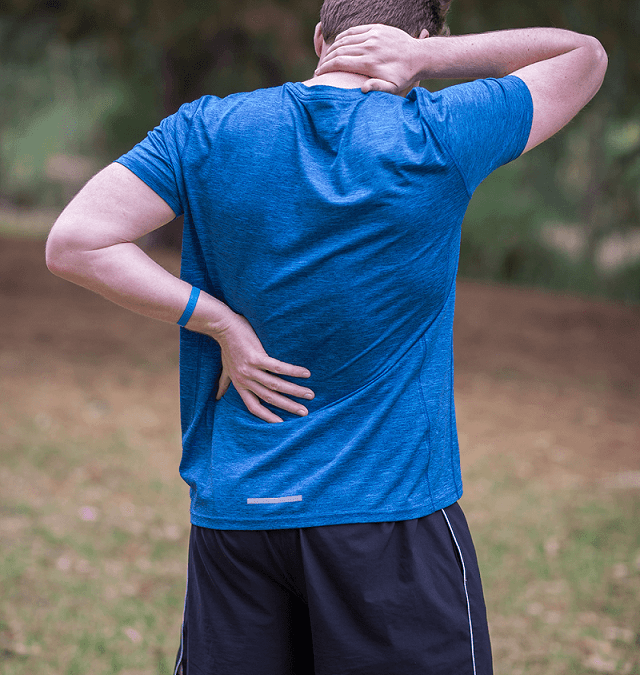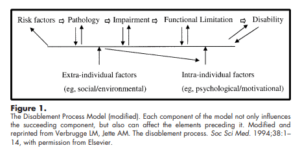Feel like you’re up and down with your symptoms and experiencing occasional flare-ups? Don’t worry this is all part of the rehab process and this is to be expected!
When managing pathologies or disease, we often rely on the relationship we think to exist between signs and symptoms and disease diagnosis. In theory when managing disease, the signs and symptoms should diminish. However, it is important to keep in mind that this model does not always fit for everyone and occasional flare-ups can occur.
People dealing with chronic pathologies often have fluctuating symptoms related to a worsening of the disease and remissions and the lack of an identifiable ‘cure’.
Osteoarthritis
Osteoarthritis (OA) is a perfect example of a chronic pathology that results in fluctuating, often unpredictable, joint pain and functional limitations. Given a pathology or disease as such can be quite an extensive journey in management, it is normal for a person to compel into a coping strategy on a psychological domain and have occasional flare-ups. In time, these domains may become inseparable components of the pathology itself, providing a complex relationship between the pathology and functional outcomes. Pain is the primary stressor that motivates a person with arthritis to seek medical care. It is proposed that each person has a different perception, for the experience of pain that has integrated patterns of neural networks as its physiological basis. Life experiences can also relate to pain and coping modulate and ultimately shape these neural patterns and activate certain perceptual and behavioural responses to pain that are unique to that person (indicated in the diagram below).
Believe in yourself!
Recent studies have shown for self belief to be a major influence in determining a person’s physical function. Rehabilitation provides an important venue for addressing not only factors such as balance and pain, but also the psycho-social domain of self belief as therapists support people with any chronic condition in making progress in function.
Remember Occasional Flare-Ups are Okay!
If you ever experience a minor setback or occasional flare-ups during your journey, remember – it is okay! Practitioners here at MD Health are here to help with not only the physical aspects of your diagnosis, but the psychological also. We are here to offer a boost of motivation to keep you on track of your journey, whether we can provide with reassurance or clarification – or simply just to listen – we are here to support. Keep up the good work, you’re on the right track!
How we can help
Recent studies have shown self-efficacy is a major influence in determining a person’s physical function. Rehabilitation is important for addressing factors such as balance and pain. They also provide the psychosocial domain of self-efficacy. Therapists support people with any chronic condition in making gains in their function.
If you ever experience a minor setback during your journey, remember – it is okay! MD Health are here to help with both the physical and psychological aspects of your diagnosis. We are here to offer motivation to keep you on track of your journey. Whether this is through reassurance, clarification, or simply just to listen. We are here to support you! If you wish for a thorough review, we encourage booking a one-on-one session. This allows our staff to extensively assess the area and apply the next step towards the treatment plan.
Written by Andrea Matias Accredited Exercise Physiologist
For more information and to see our article on 10 Important Messages for those living with Chronic Pain click here.
Want to know more?
Did you know that we offer clinical exercise sessions at MD Health to specifically target chronic disease or pain? If you want more information or would like to book for a FREE full body assessment with one of our Physiotherapists or Exercise Physiologists, call us on 03 9857 0644 or email us at admin@mdhealth.com.au
REFERENCES
Harrison, A., The Influence of Pathology, Pain, Balance, and Self-efficacy on Function in Women With Osteoarthritis of the Knee. (2004). Physical Therapy.84.9.822.
Nwosu, L., Mapp, P., Chapman, V., & Walsh, D. (2016). Relationship between structural pathology and pain behaviour in a model of osteoarthritis (OA). Osteoarthritis And Cartilage, 24(11), 1910-1917




